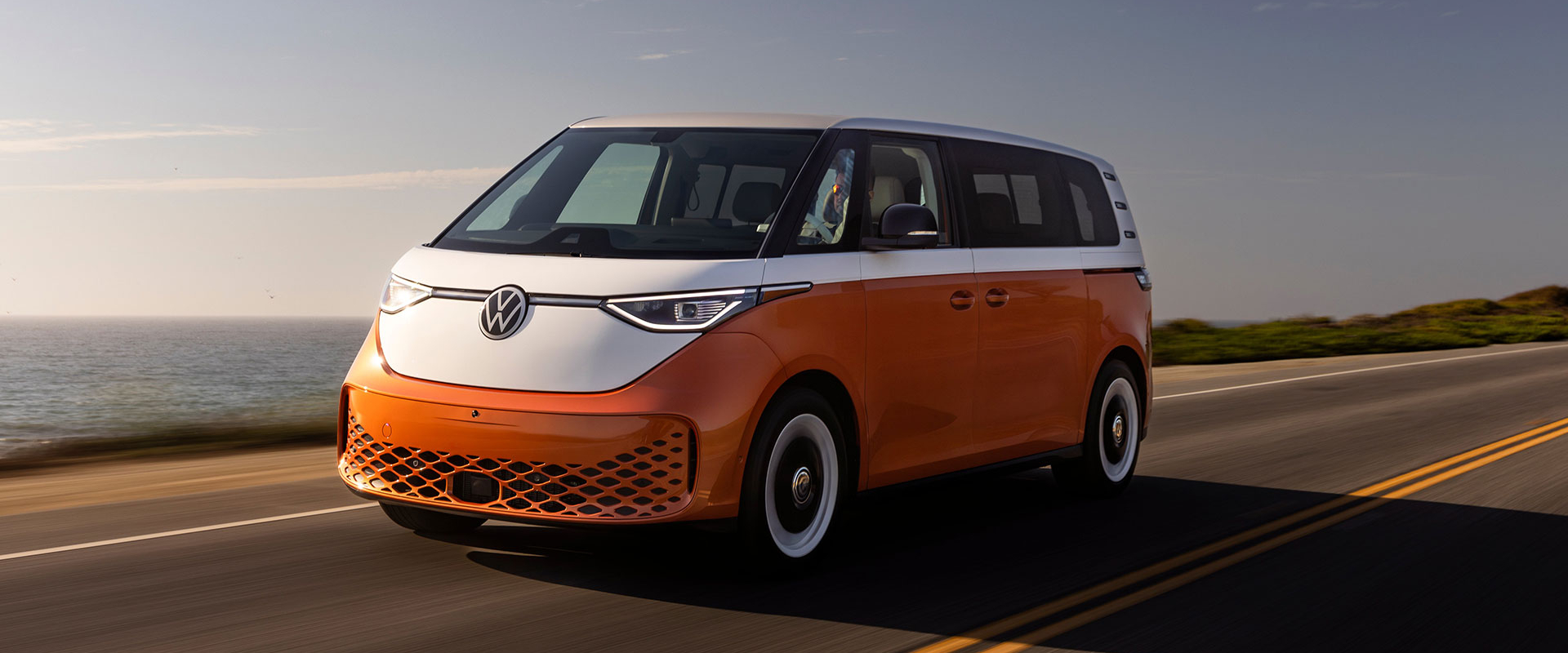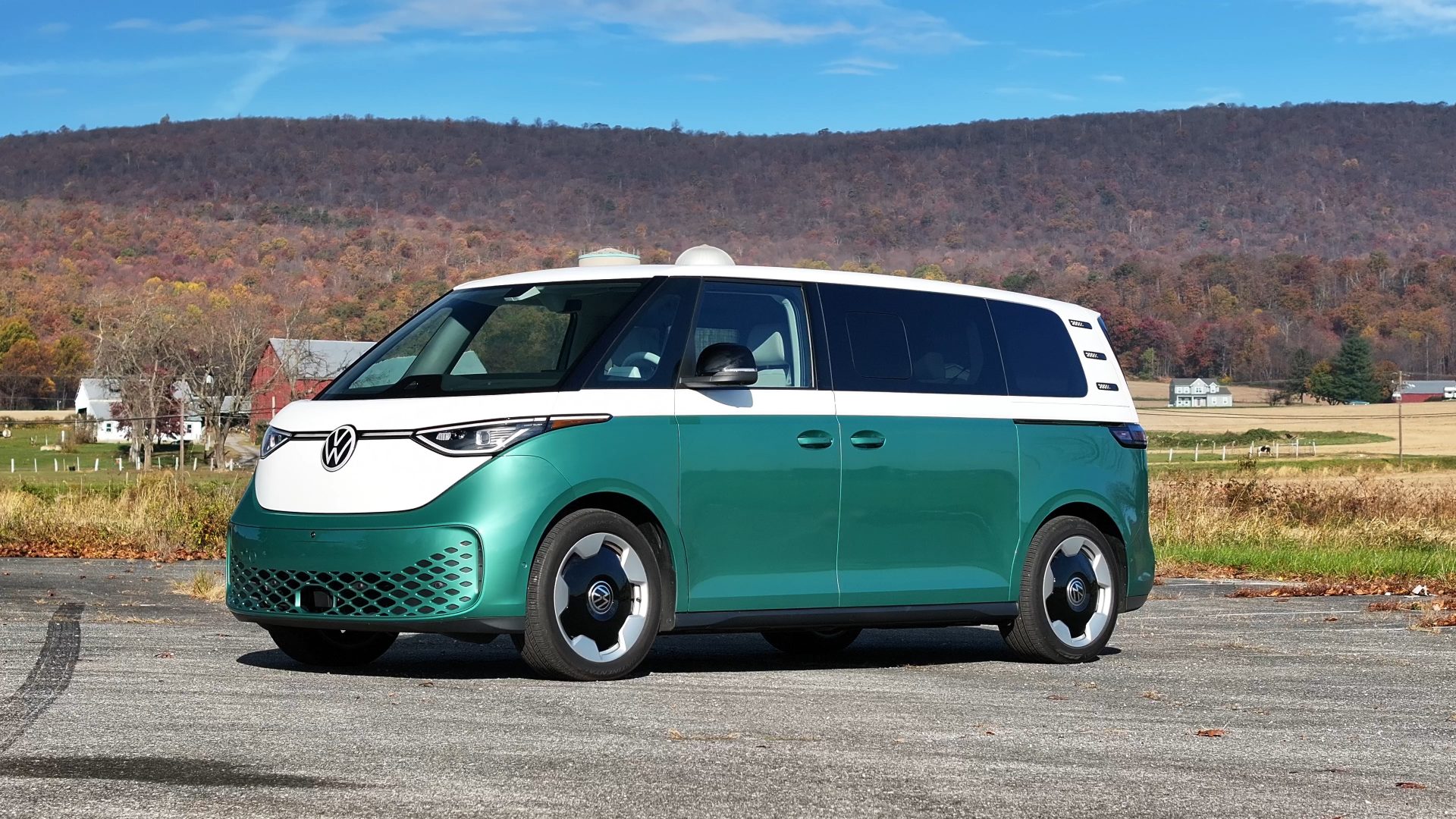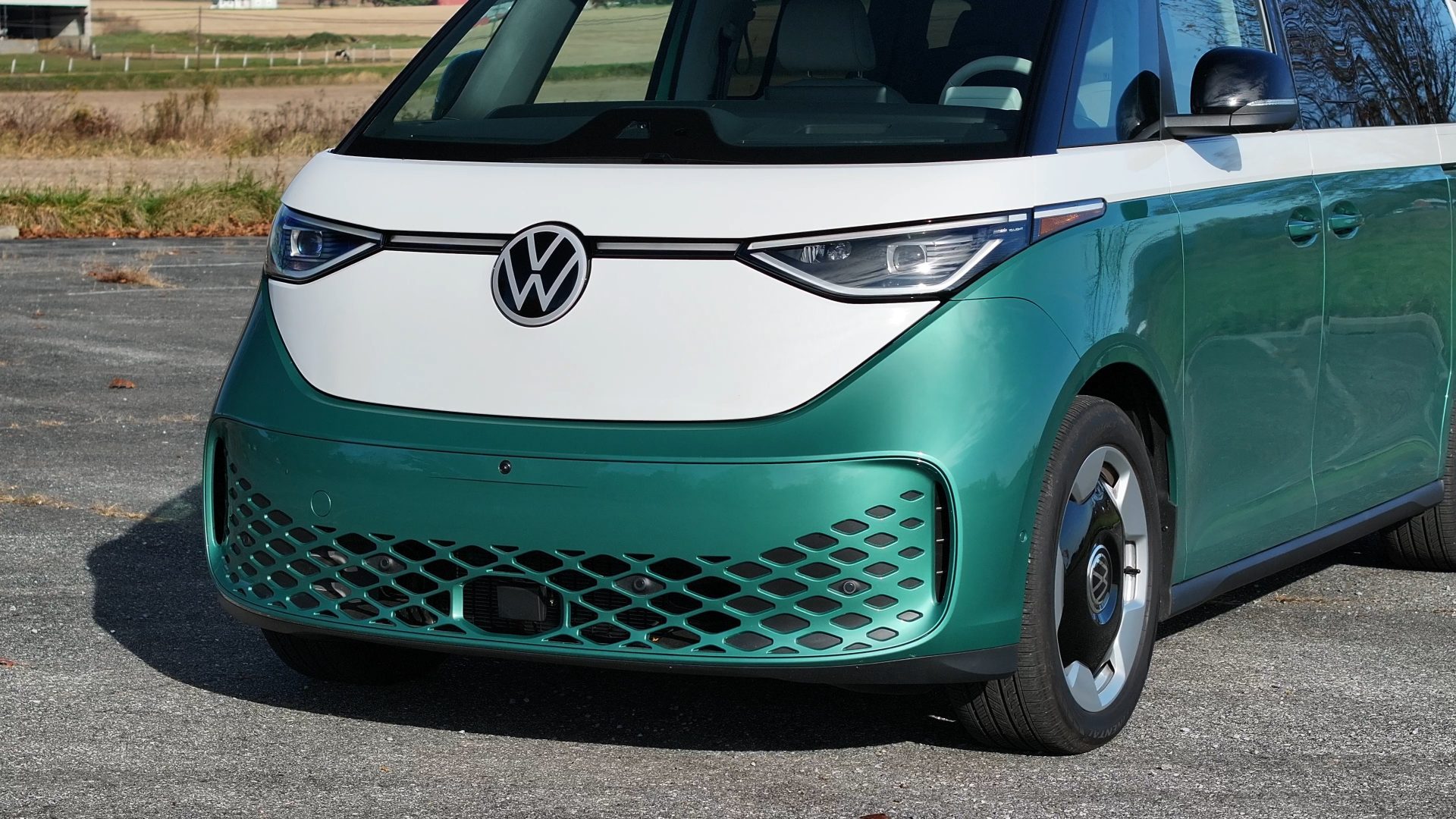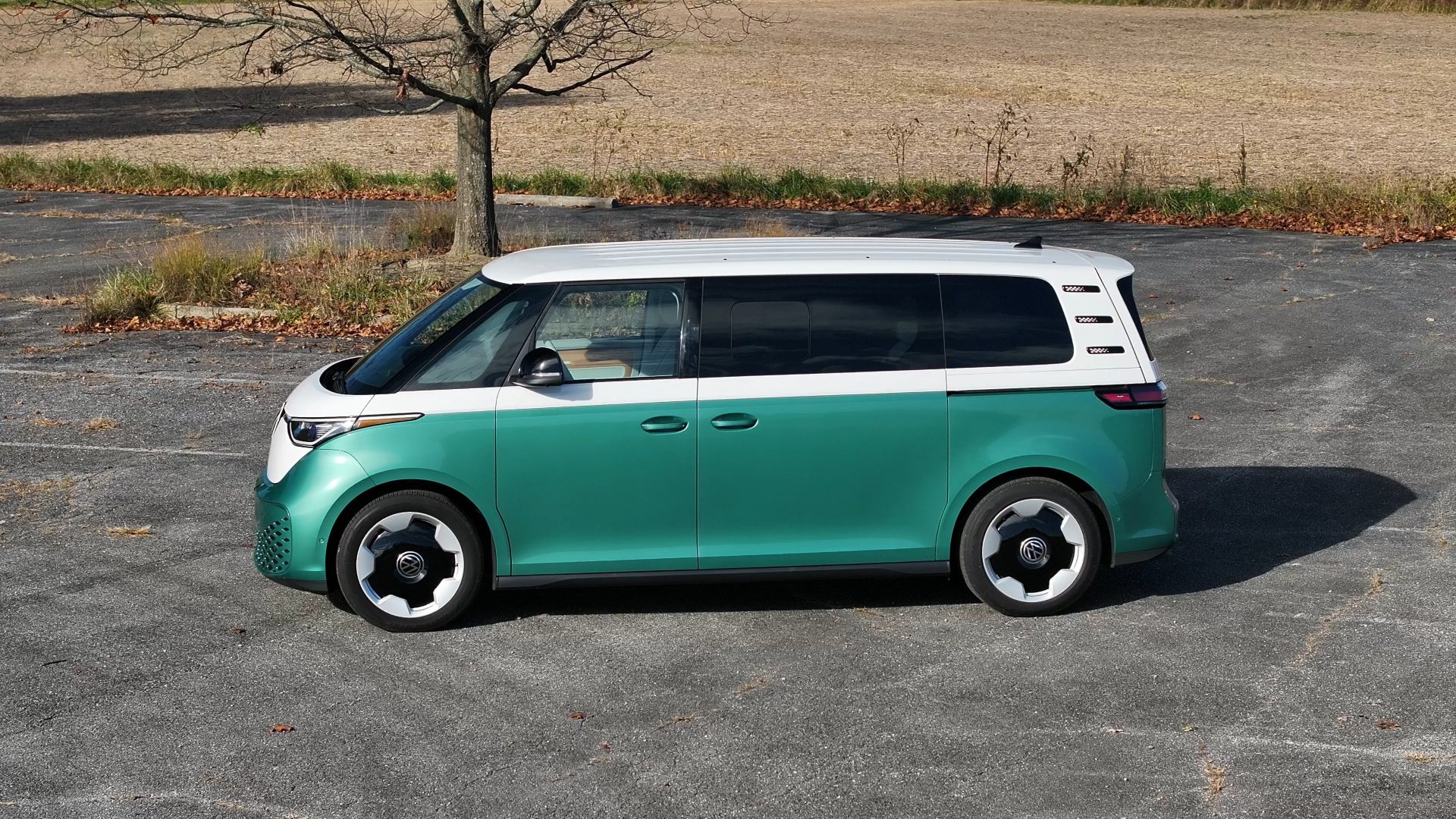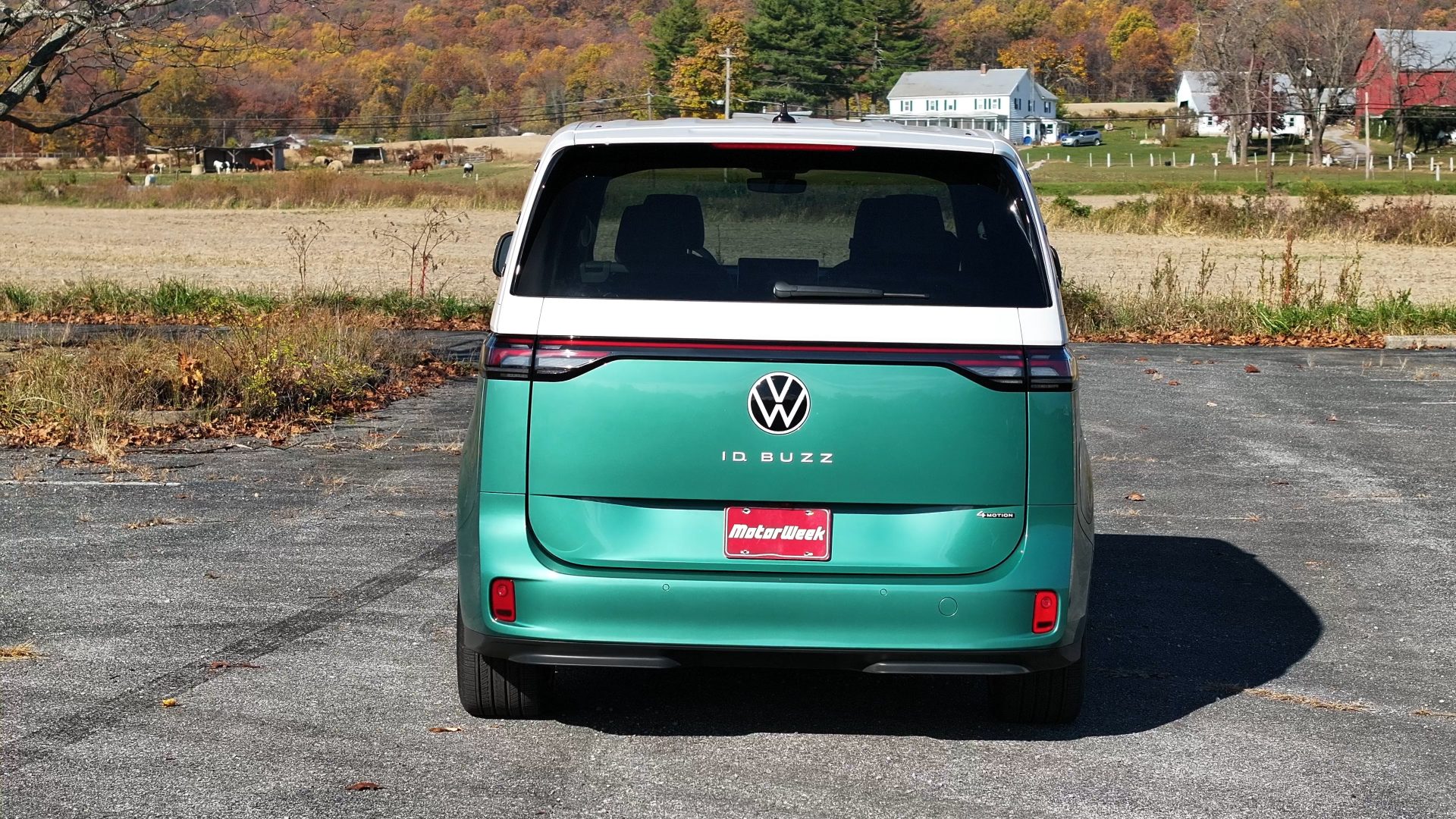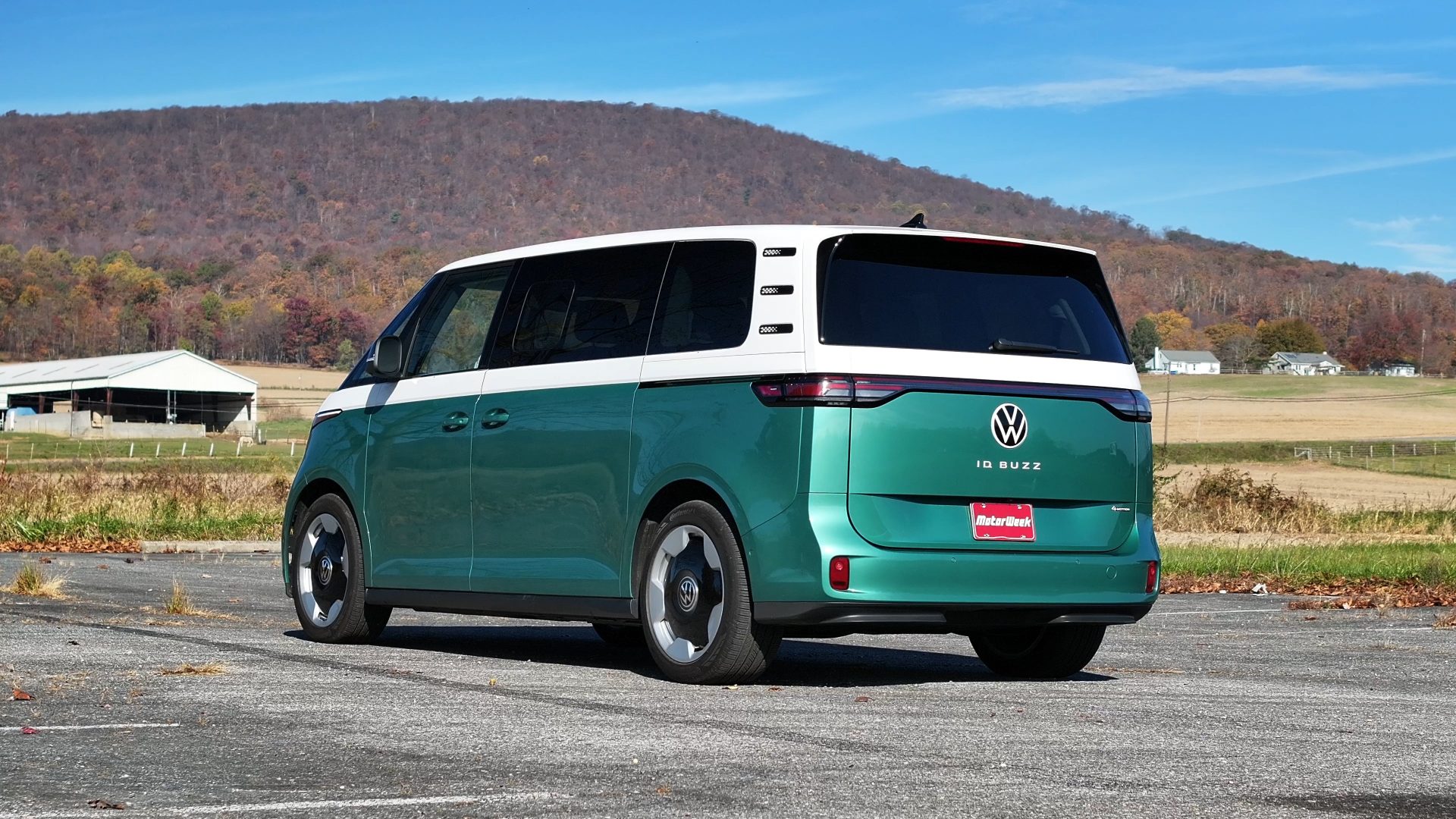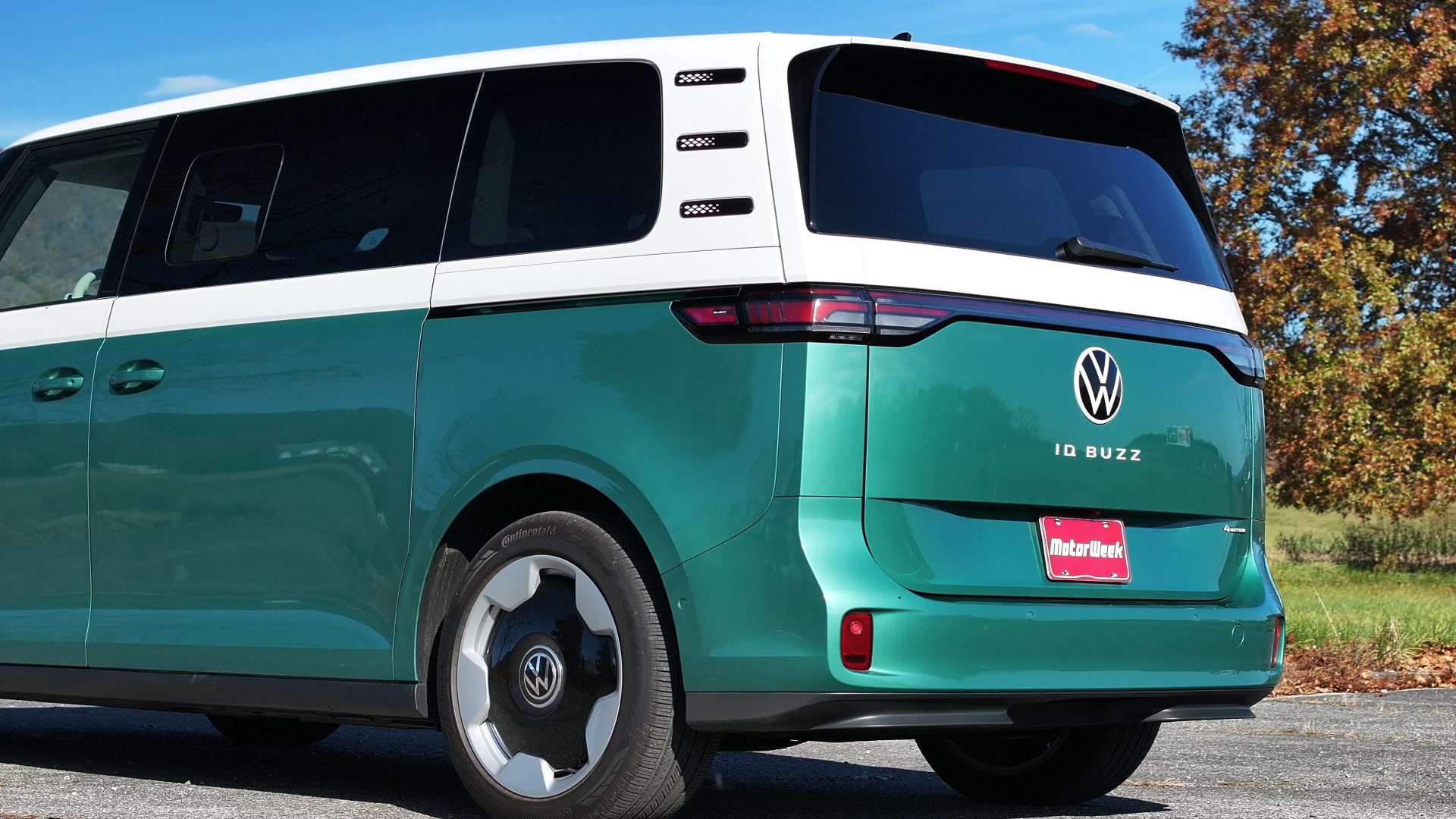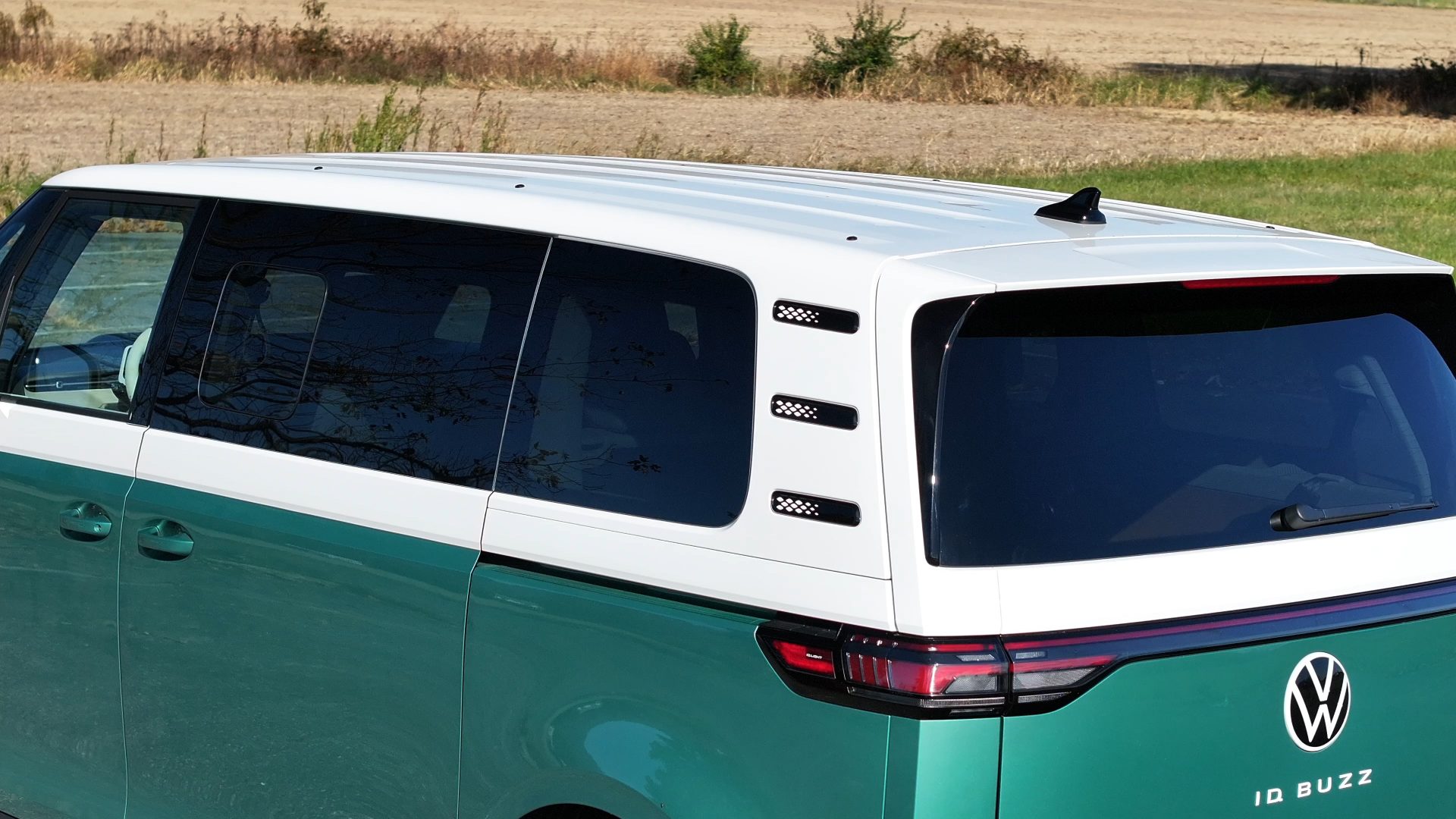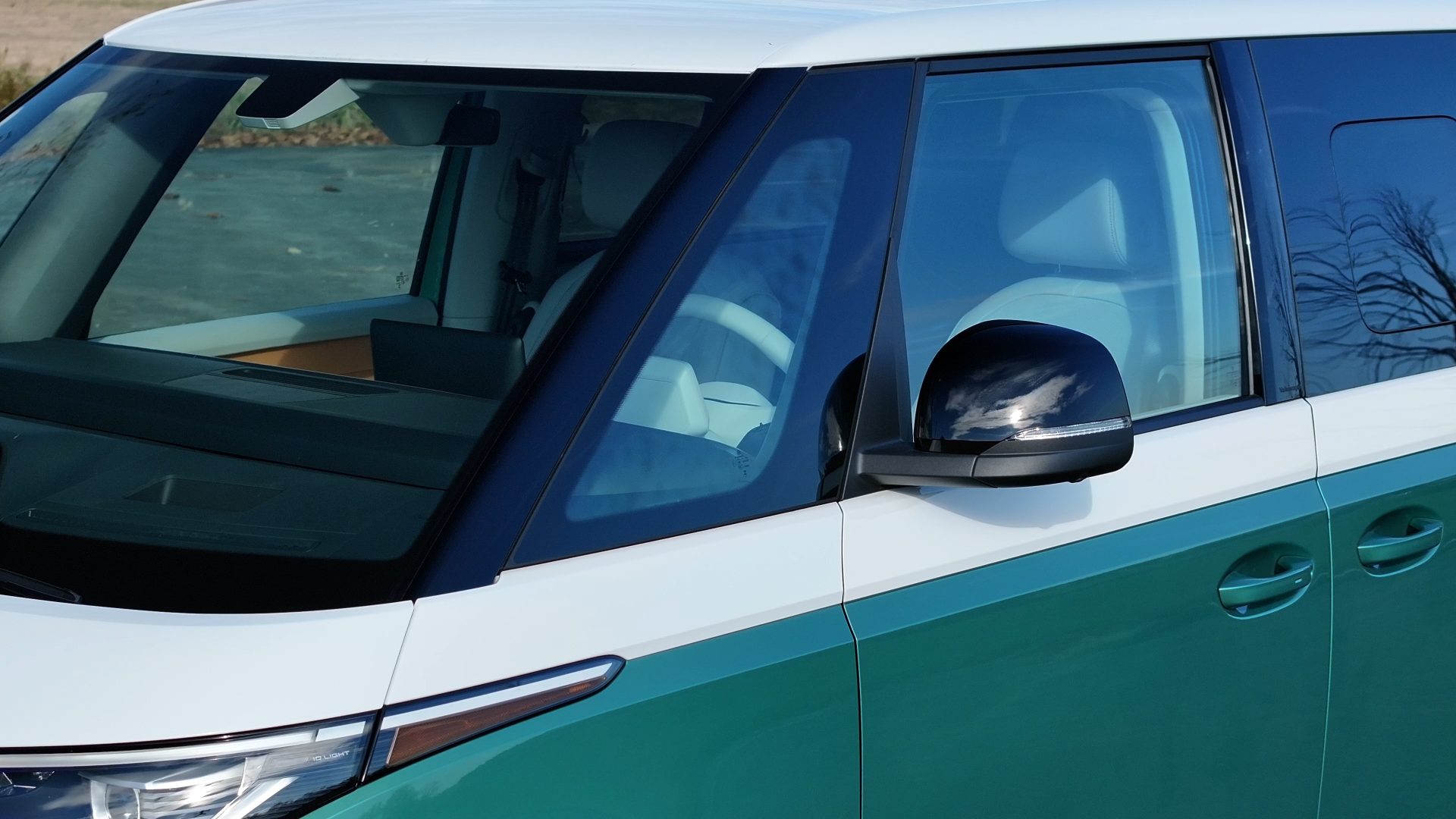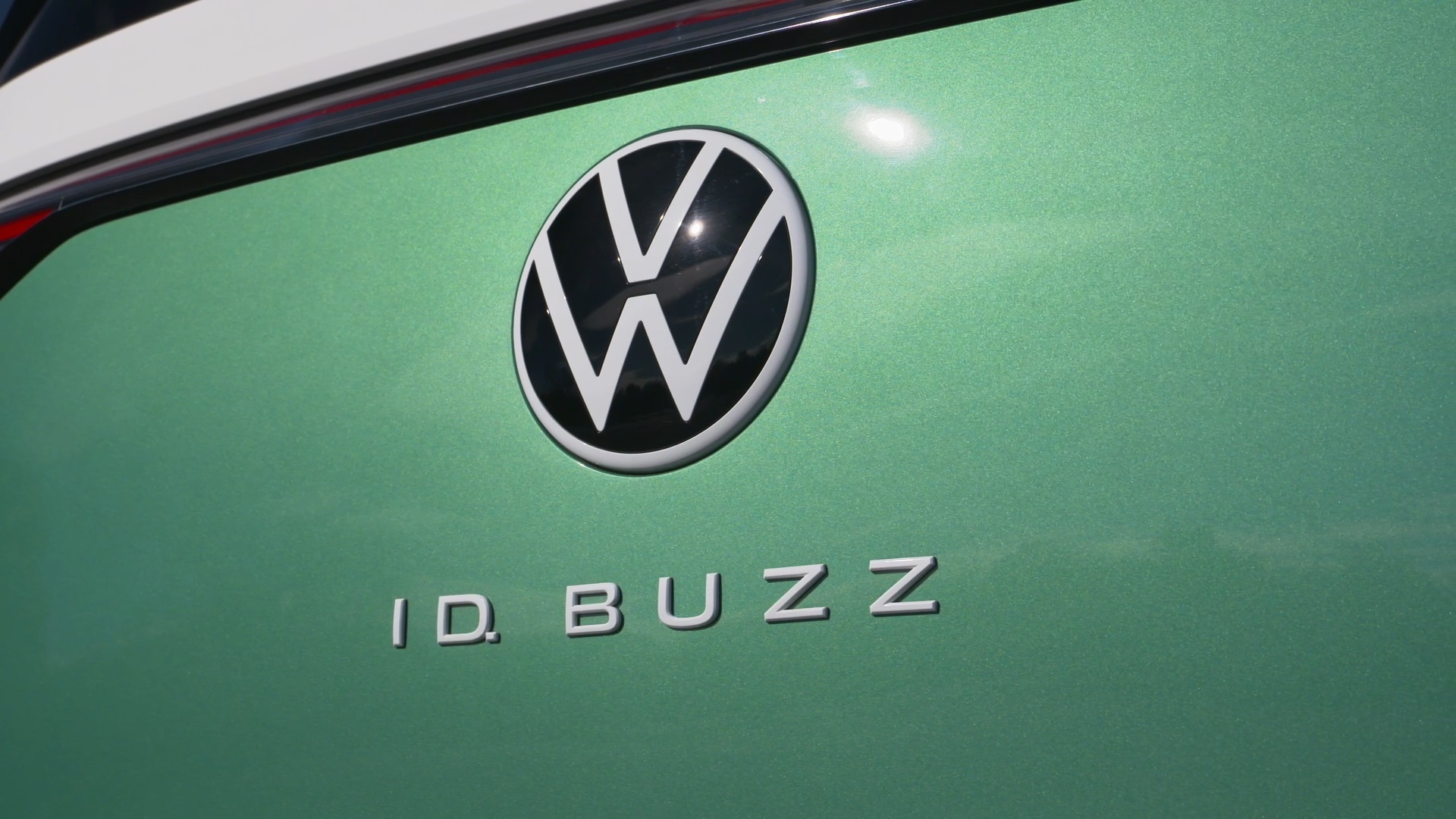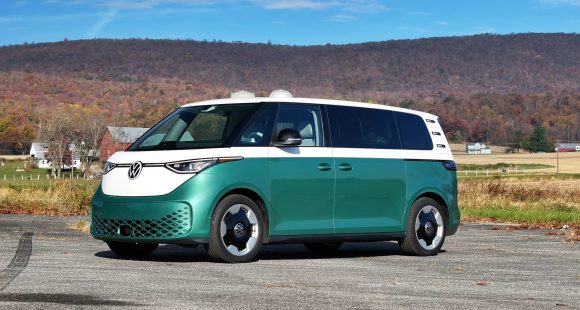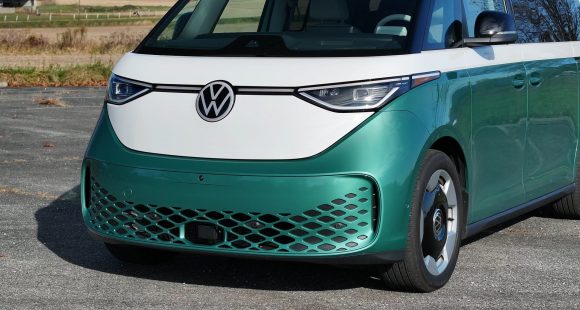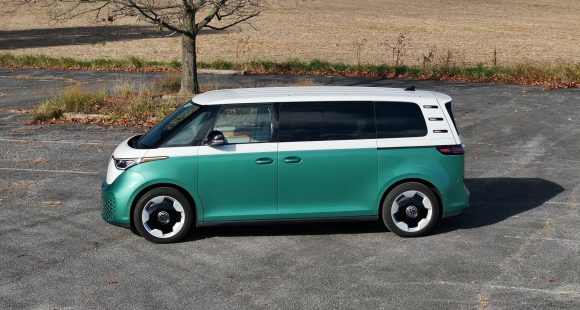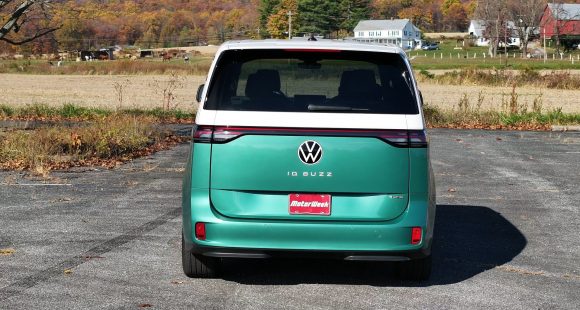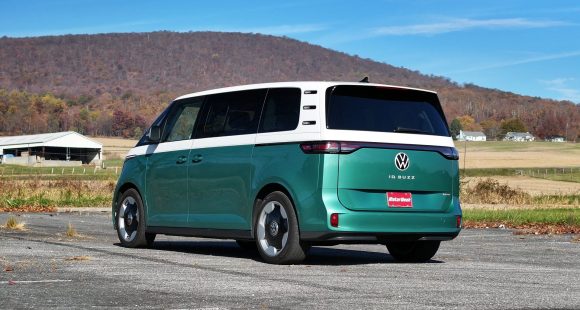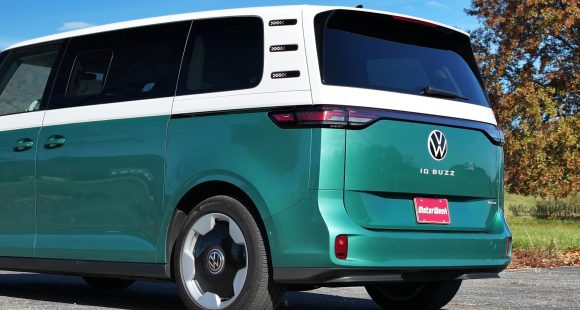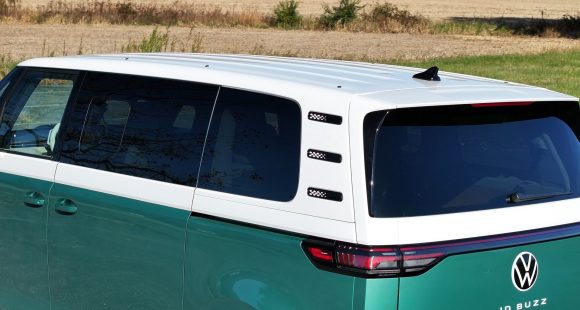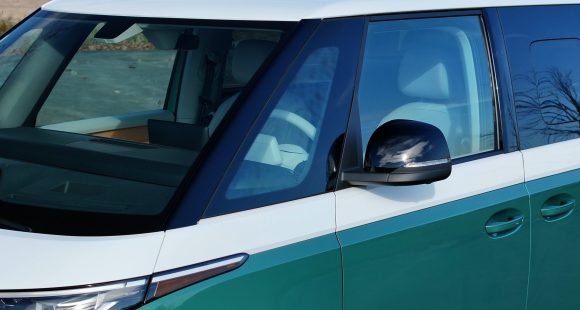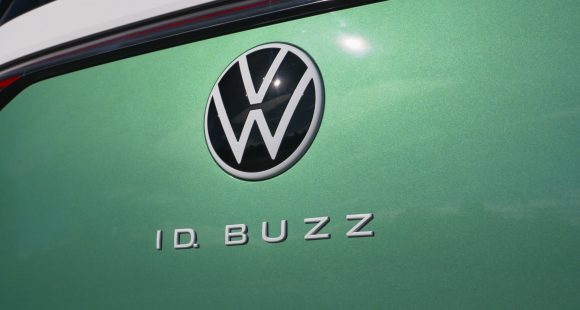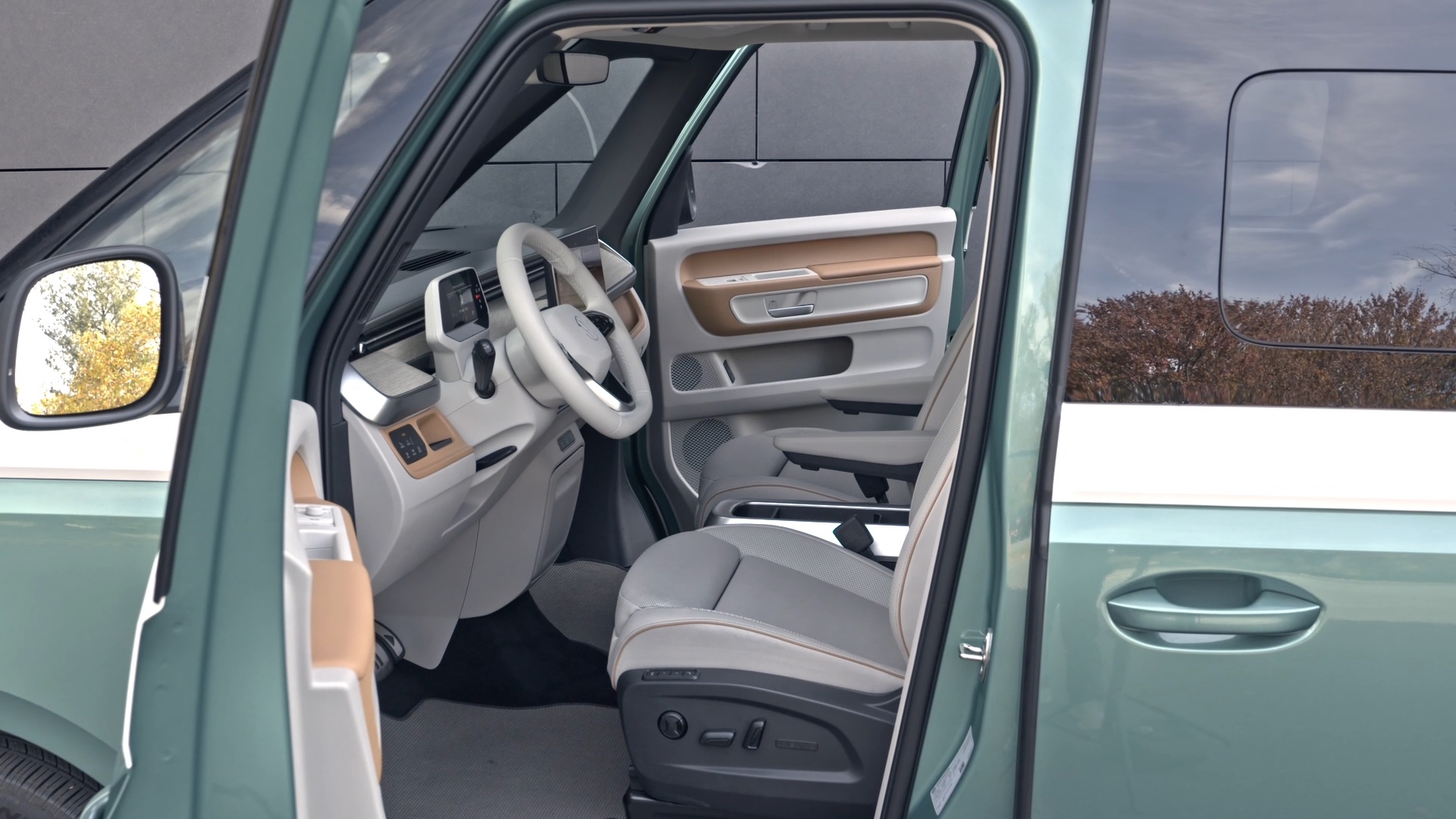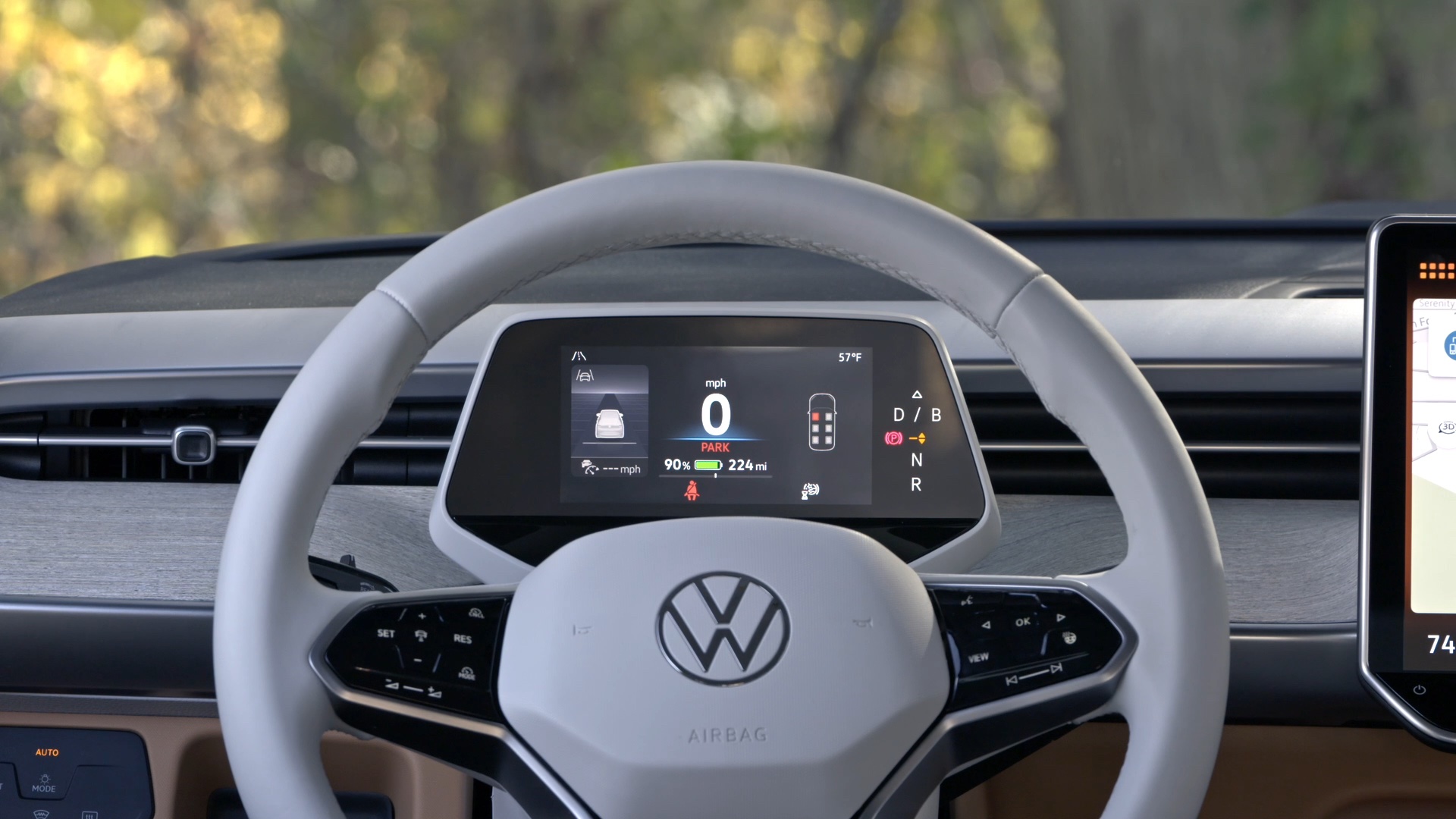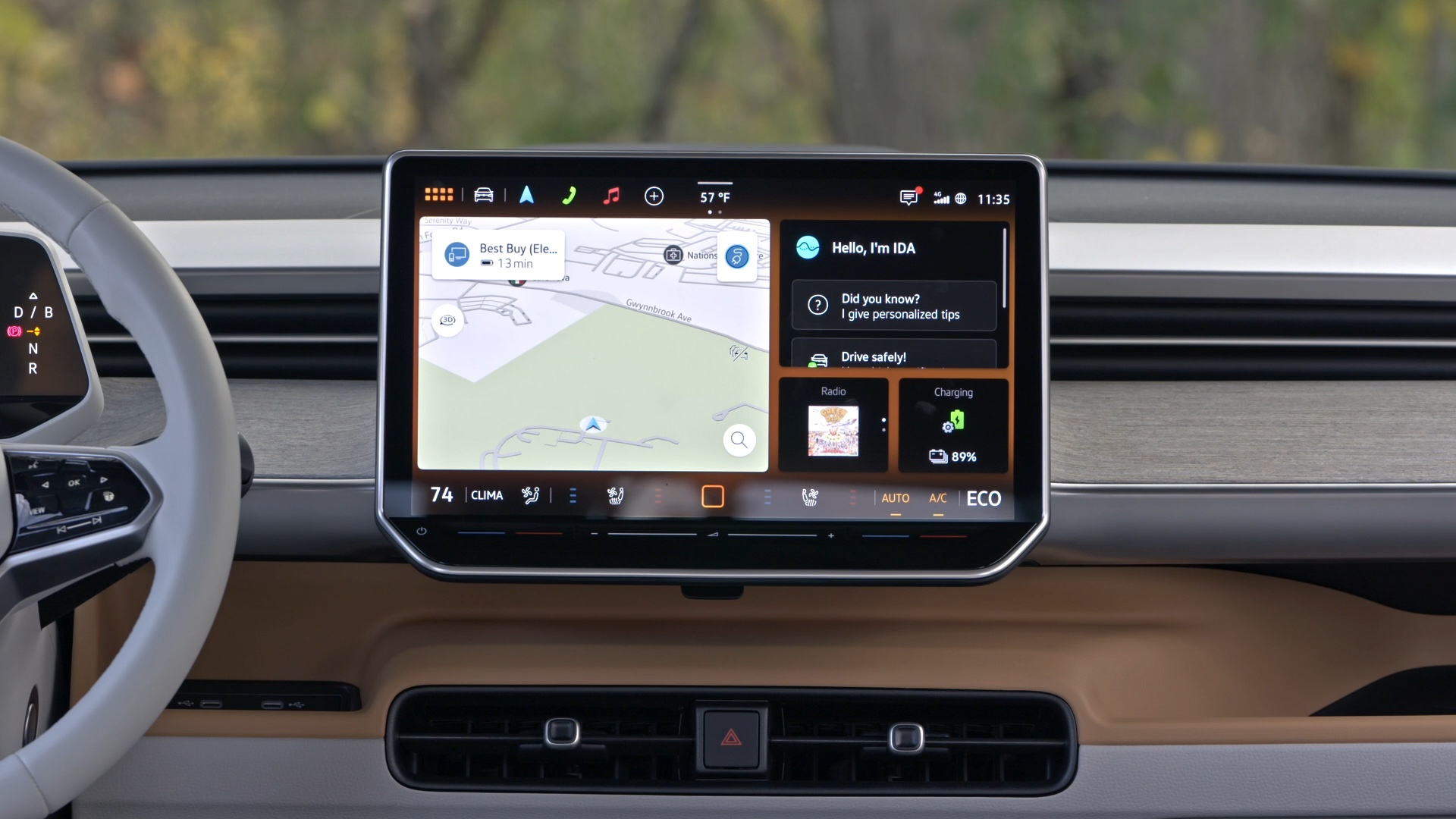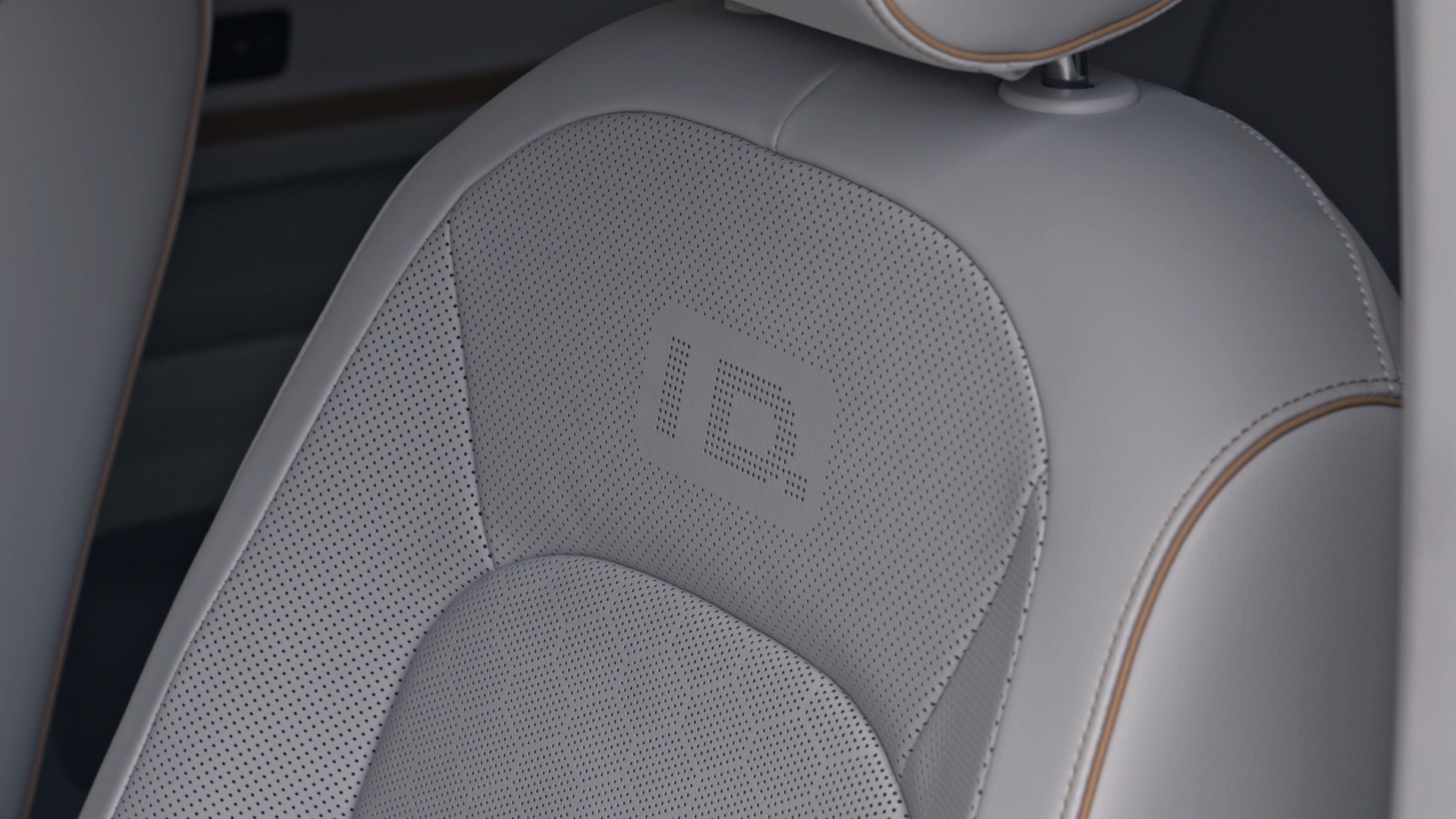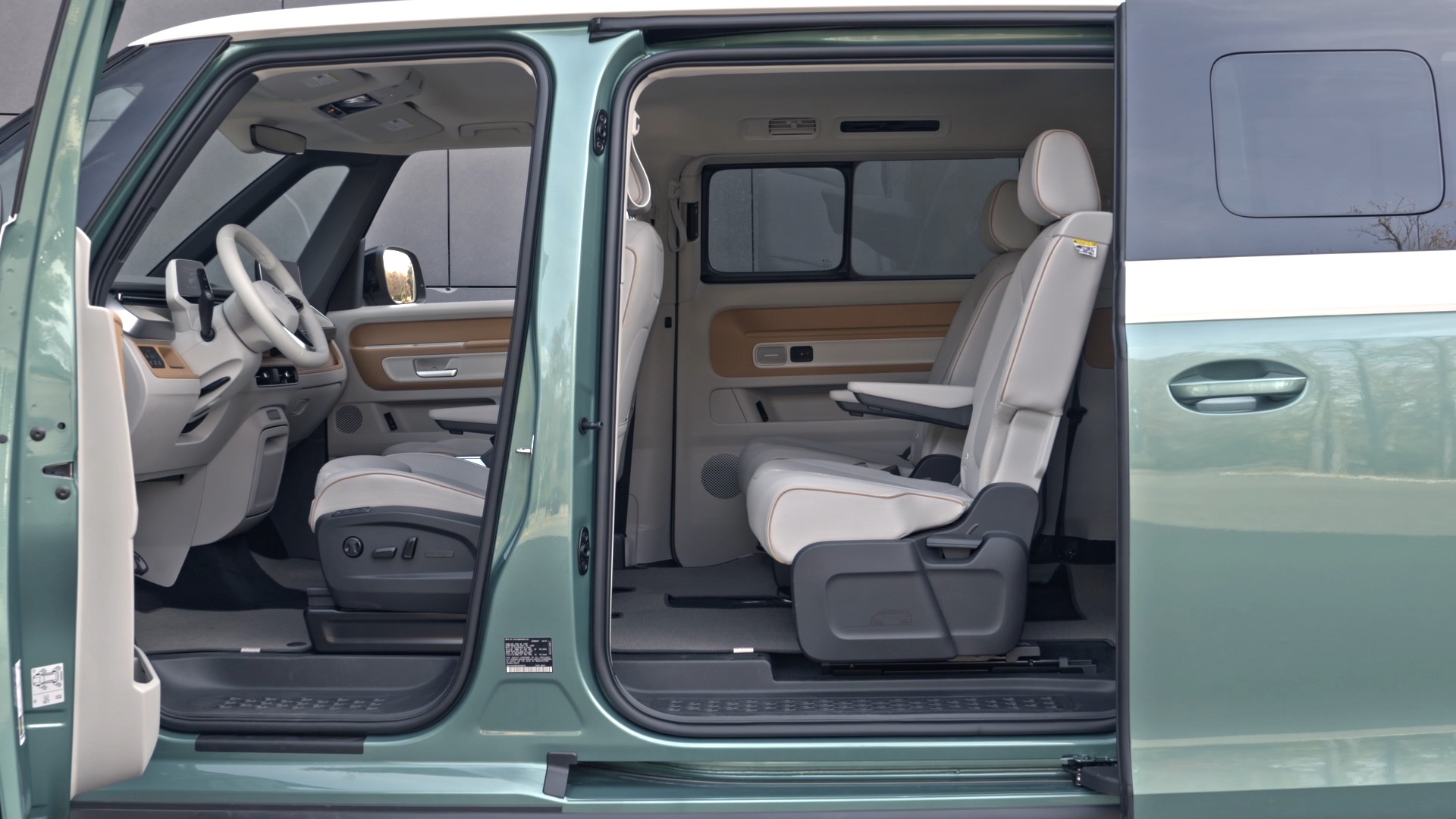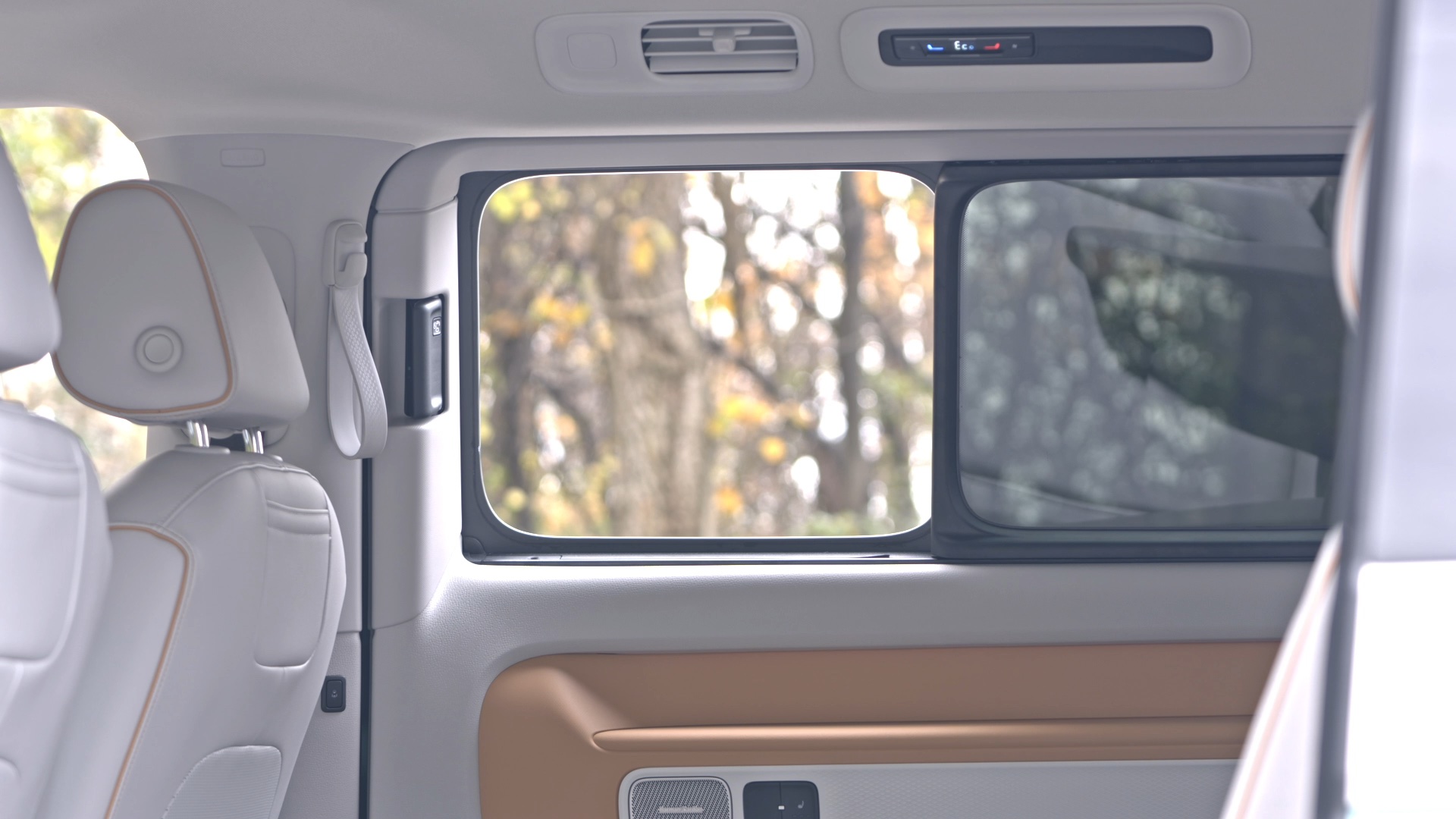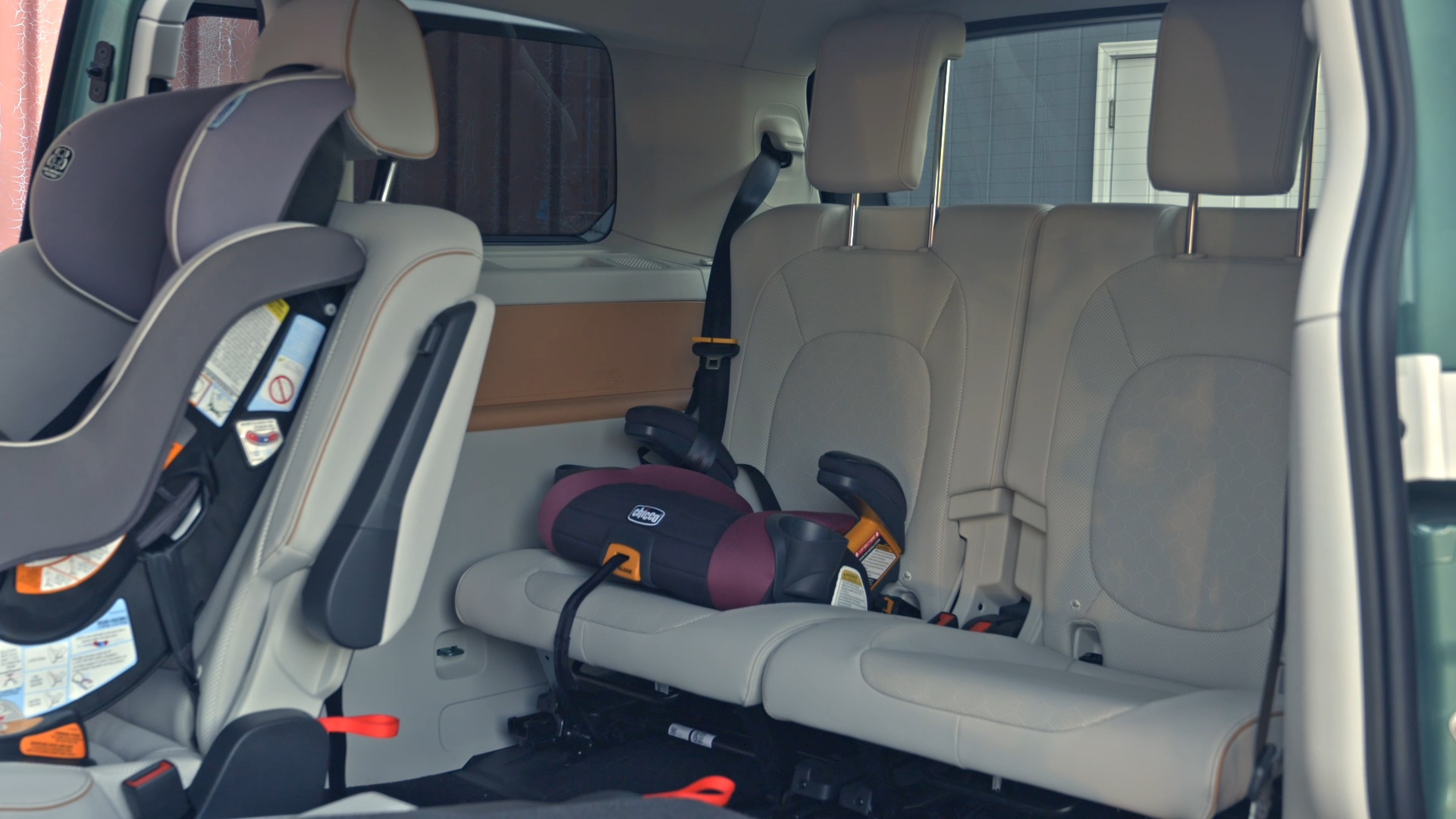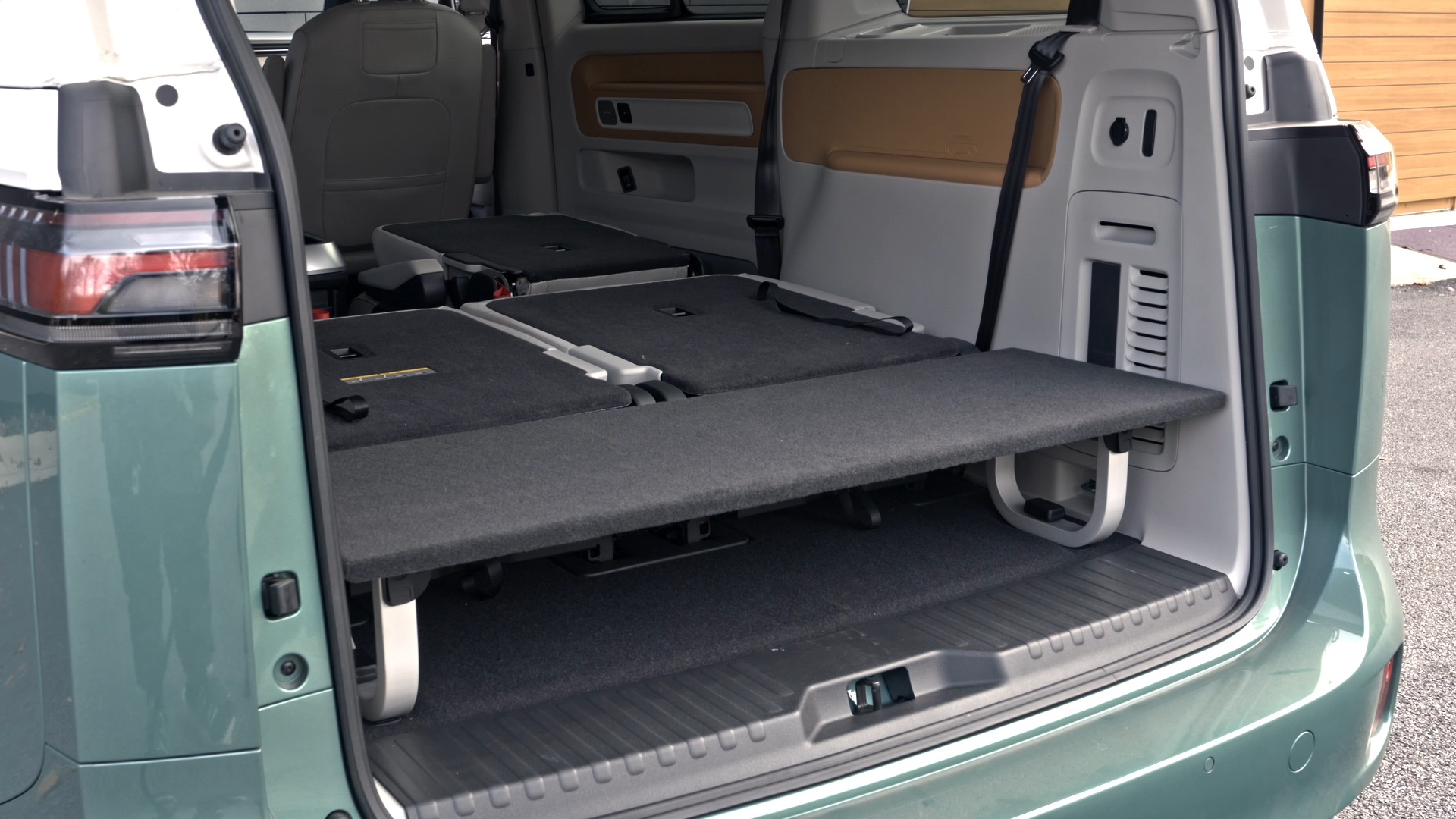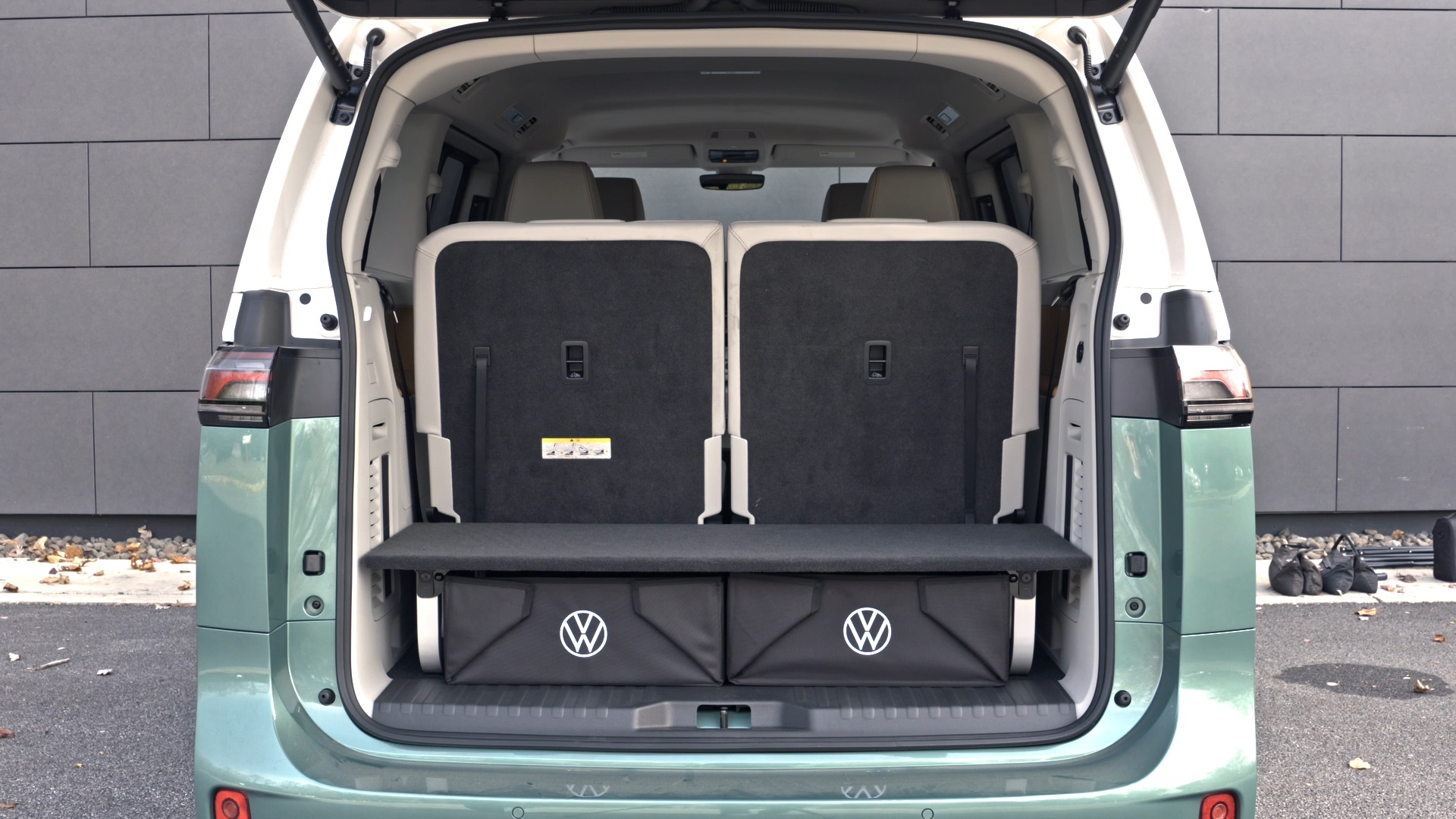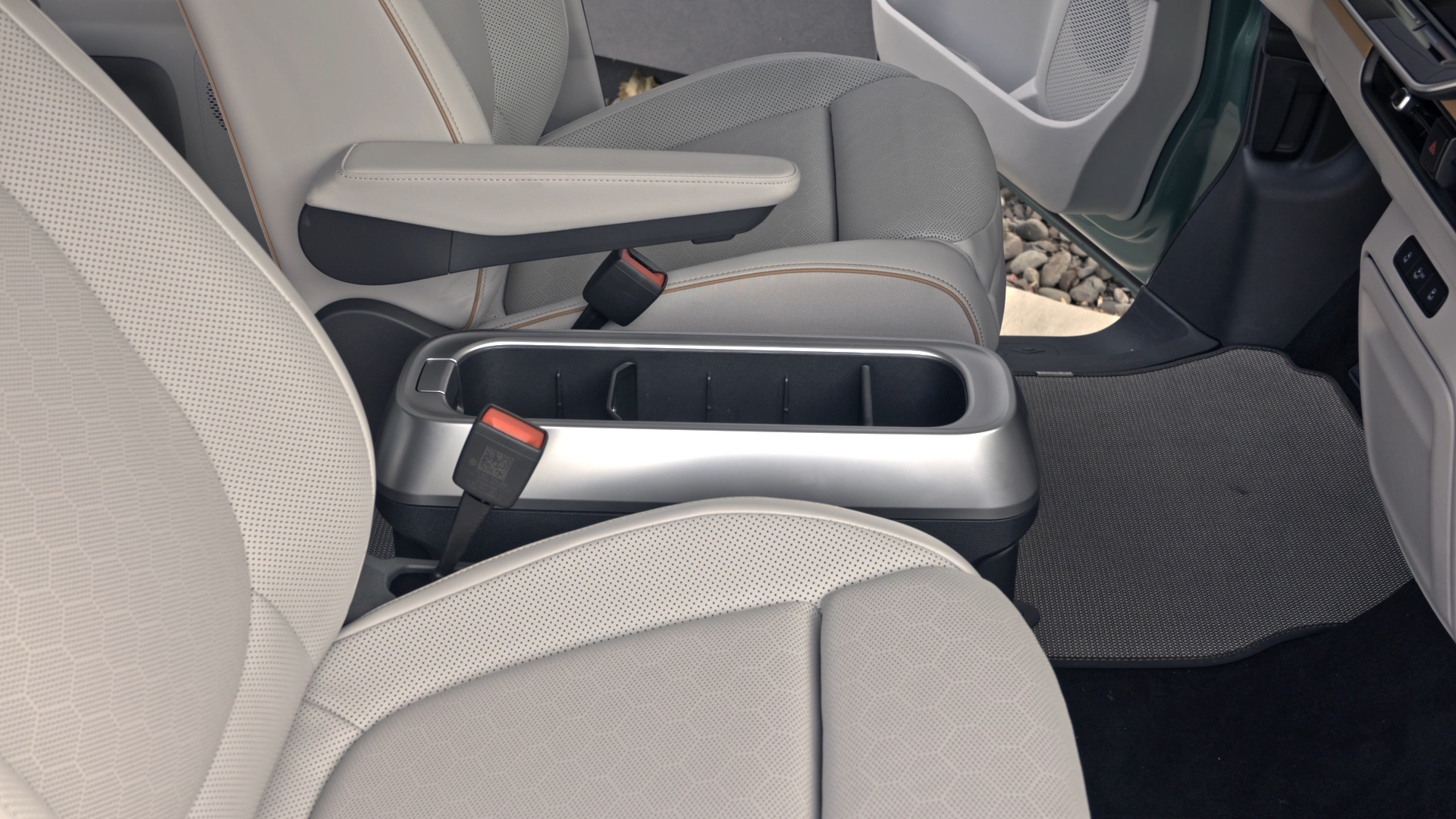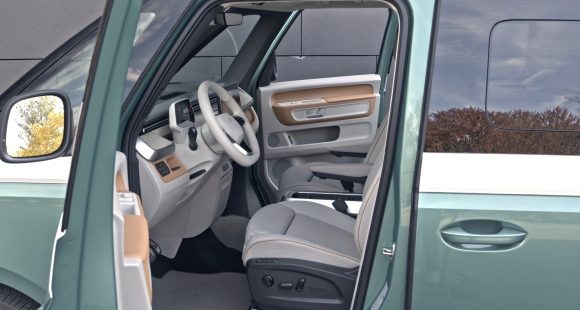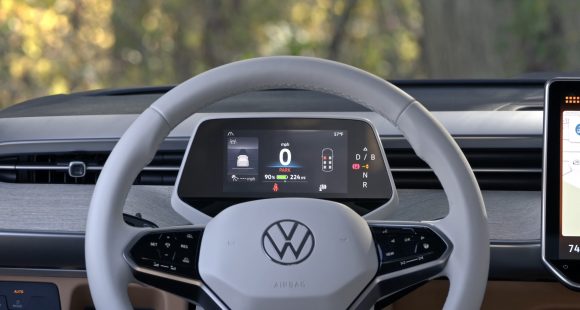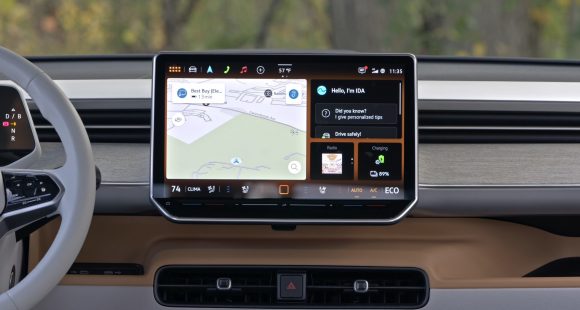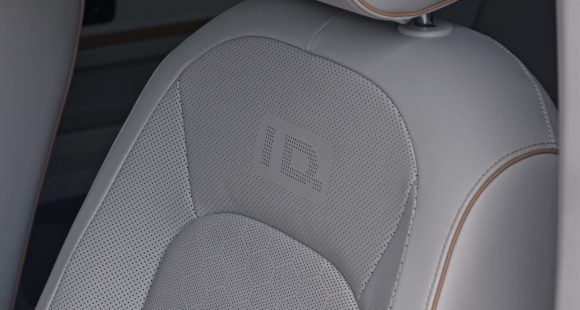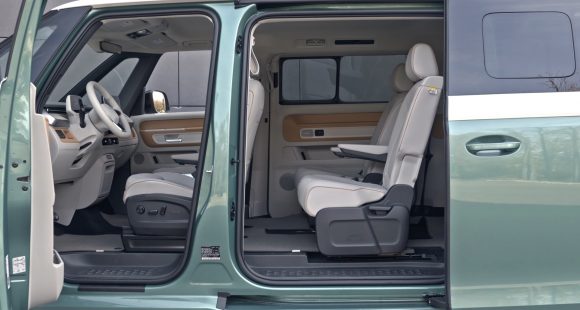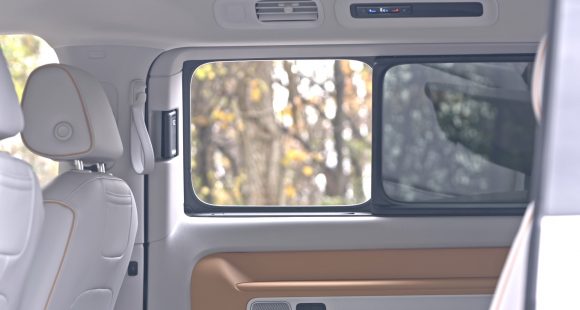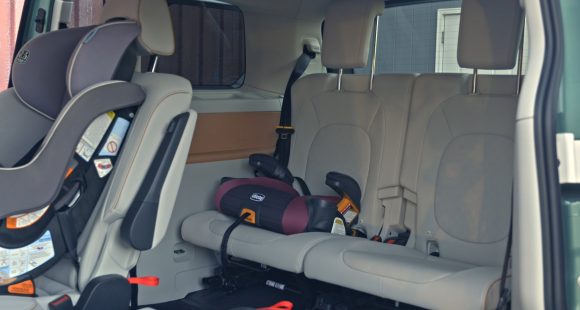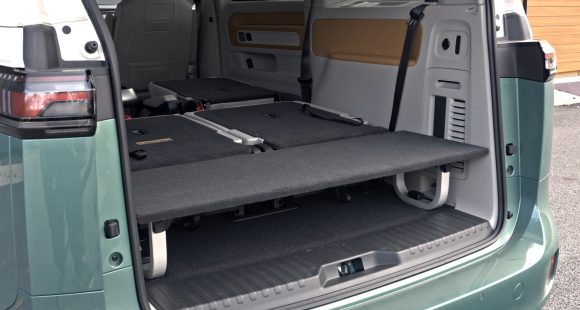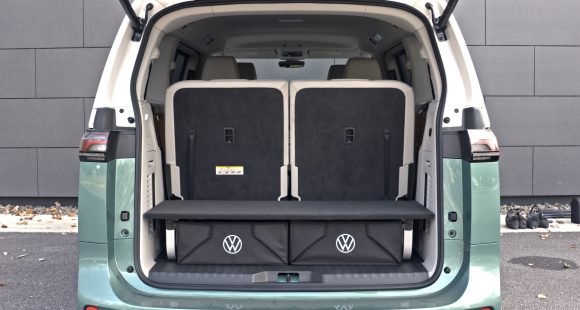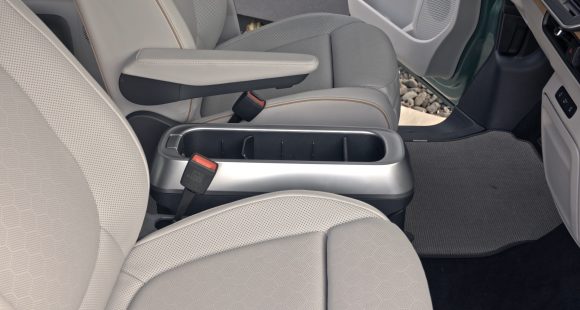2011 Hyundai Equus
Hyundai’s reputation - especially as of late - is based on building affordable vehicles with great value and quality. But now the Korean carmaker is taking that formula to the large luxury sedan segment. This is the all-new 2011 Equus, and it will compete with flagships from Lexus, Mercedes and others. That’s an astounding goal, but has Hyundai finally bitten off a little more than they can chew?
When Hyundai introduced the Genesis premium mid-size sedan two years ago, we wondered if the value carmaker could compete in a more rarified class. We quickly concluded that it could. Now, to cement its reputation even further as a premium brand, the carmaker brings to market the full-size 2011 Hyundai Equus. As their new flagship, Equus aims to compete with vaulted saloons like the Lexus LS, and even the Mercedes-Benz S-Class. Equus will attempt to do so by delivering all the bells and whistles affluent buyers expect, but at a much more affordable price point. But, right off the bat, targeted buyers may have two reservations. One, the full-line Hyundai badge itself, and two, the car’s overly conservative styling. It looks bland even compared to its hardly earth shaking rivals. Except for a Bentley-like rear end, there isn’t much to attract an exclusive eye to the Equus. Still, the big sedan does exude sophistication with a Genesis-like front fascia and a flowing greenhouse and roofline for an almost presidential profile.
But there’s also a hint of sportiness here, thanks to brawny rear shoulders, 19-inch chrome alloys, and dual exhausts. Things improved when we stepped inside its executive cabin. It’s spacious, with well laid out controls amid nicely done wood trim. But there’s still an air of cost containment, from the plain gauges, to an abundance of hard plastics, to even the unremarkable face of the analog clock. On the other hand, a lot that’s optional on rivals is standard on Equus.
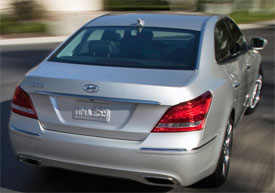 Base Signature trim includes front seats that are very comfortable and supportive, with heat, ventilation, and even driver’s side massage. A class first. Likewise, there’s heat for the wood and leather-wrapped steering wheel. Other standard luxuries include dual automatic climate, navigation, back-up camera and a 17-speaker Lexicon stereo. And get this, an Apple iPad owner’s manual! Comfort extends to the enormous rear seats with sunshades and the only
Base Signature trim includes front seats that are very comfortable and supportive, with heat, ventilation, and even driver’s side massage. A class first. Likewise, there’s heat for the wood and leather-wrapped steering wheel. Other standard luxuries include dual automatic climate, navigation, back-up camera and a 17-speaker Lexicon stereo. And get this, an Apple iPad owner’s manual! Comfort extends to the enormous rear seats with sunshades and the only
standard power recliners in its class. A three passenger heated split bench is standard, with Ultimate Trim dividing it into two individual seats, and adding massage, a console refrigerator, and DVD system.
All seats fold, adding nicely to the Equus’ generous 16.7 cubic foot trunk space. Based on the Genesis sedan platform, the Equus is powered by the same 4.6-liter variable-timing V8, good here for 385 horsepower and 333 pound-feet of torque. Power moves to the rear wheels through a six-speed automatic with manual shift mode. On the track, our Equus charged from 0 to 60 in a fast 6.1 seconds, and cleared the quarter mile in 14.6 seconds at 99 miles per hour. Equus feels powerful off the line, but not overwhelmingly so. Power delivery builds nicely, and is quite smooth. Shifts, too, were smooth, but a little slow. Driving dynamics are governed by front and rear multilink geometries. And the electronically-controlled air suspension with Continuous Damping Control includes height-adjustable and driver-selectable Sport mode. And through the cones, with Sport mode on, the Equus feels acceptably capable, and trimmer than it actually is.
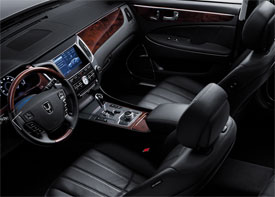 Understeer is always present, as is a fair amount of body roll. The steering is light and linear, but with little feedback. We give it better overall marks than the Lexus LS, but it doesn’t come close to the caliber of a German sedan. Equus stopping power is solid. With large vented discs at all four corners, the 4,500-pound Equus managed 60 to 0 in a good 127 feet. So, while overall, Equus performance seems unremarkable, as a first effort, it’s still very notable. On public roads, the Equus is more than competent. It’s very quiet and smooth, maybe a little too smooth. There are no ragged edges about this car’s performance.
Understeer is always present, as is a fair amount of body roll. The steering is light and linear, but with little feedback. We give it better overall marks than the Lexus LS, but it doesn’t come close to the caliber of a German sedan. Equus stopping power is solid. With large vented discs at all four corners, the 4,500-pound Equus managed 60 to 0 in a good 127 feet. So, while overall, Equus performance seems unremarkable, as a first effort, it’s still very notable. On public roads, the Equus is more than competent. It’s very quiet and smooth, maybe a little too smooth. There are no ragged edges about this car’s performance.
But then there isn’t much to get excited about either. Government Fuel Economy ratings for the Equus are 16 city/24 highway on premium gas. We achieved 21.6 miles per gallon in real world driving. The Energy Impact Score is a fairly high 18 barrels of oil consumed per year. The Carbon Footprint measures a similar 9.8 annual tons of CO2 emitted.
But here’s the kicker…the Equus Signature starts at $58,000. That’s about $8,000 less than an LS, and $30-grand less than the cheapest S-Class. The Hyundai Equus Ultimate stickers for $64,500. The 2011 Hyundai Equus is an ambitious effort, and it’s a bargain. Still, for clientele to whom status and prestige are just as important as the accouterments, the biggest hurdle for Hyundai may be the brand itself. However, we can easily see other buyers viewing the Equus as a way to play big without breaking their 401(k). And even if this Equus isn’t a hit at the country club, Hyundai has the patience to make sure the next one will be.
Specifications
- Engine: 4.6-Liter Variable-timing V8
- Horsepower: 385
- Torque: 333 Lb Feet
- 0-60 MPH: 6.1 Seconds
- 1/4 Mile: 14.6 Seconds @ 99 MPH
- 60-0 MPH: 127 Feet
- EPA: 16 MPG City/ 24 MPG Highway
- Mixed Loop: 21.6 MPG
- Energy Impact 18.0 Barrels Oil/Yr:
- CO2 Emissions: 9.8 Tons/Yr
2025 Volkswagen ID. Buzz
Volkswagen Brings Beetlemania Level Of Excitement To Minivan Segment
The duty of upholding Volkswagen’s heritage has most recently been delegated to small legacy car names like Golf and Jetta. But hold on! A much larger, totally modern take on VW’s classic microbus has just buzzed over the horizon— the all-electric ID. Buzz. It’s been at the top of our minds since we first saw the concept back in 2017. Well, it’s finally here, so let’s get our groove into drive!
This 2025 Volkswagen ID. Buzz has indeed created the most buzz around Volkswagen since the Beetle’s return to the U.S. in the late 1990s. We couldn’t drive it anywhere without drawing a crowd. No wonder, just about everyone has a VW Microbus story to tell, and seeing this reimagined version rolling down the street brings back all those memories.
VW really pulled it off as far as we’re concerned, as it looks great without appearing over the top. All the cues are here: Big VW logo front and center, lots of greenhouse including A-pillar windows and mini sliders for the second-row passengers, D-pillar air vents, and two-tone wheels. And while its appearance may be pure retro, its drivetrain is far from it, as the ID. Buzz is all-electric, and unlike the new Beetle, the Buzz does retain the original Microbus’ rear-drive architecture.
Powering those rear wheels is a 210-kW motor drawing juice from a 91-kWh battery for a range of 234 miles; 200-kW max charging will get you to 80% in about 26 minutes. Buyers can add another small 80-kW motor up front for 4motion all-wheel-drive and an increase of total output from 282 to 335 horsepower with a combined 512 lb-ft of torque. It uses the same battery, but range estimates drop just slightly to 231 miles. But while those numbers are modest, we also found them to be quite conservative, as we observed as many as 287 miles available in our all-wheel-drive tester’s gauge display and were on pace for 273 miles in our driving loop.
One throwback theme that may be a turnoff to some is that it’s quite a step up into the Buzz’s front seats, but there’s certainly a commanding view of the road once you climb in. Second row seating can be either a three-place bench or a pair of captain’s chairs, so there’s generous room for seven or six passengers. The captain’s chairs in our Pro S Plus offer good support and very easy access to the third row.
Lots of flexibility too with the option to simply fold the seats or remove them altogether.
With the sliding side doors and a wide opening rear hatch, there’s plenty of access for loading big sport utility amounts of cargo. Lots of flexibility too with the option to simply fold the seats or remove them altogether, and the ability to create a full-length flat floor with a rear cargo shelf that covers some handy removable storage bins. There’s 18.6 cubic-feet of space behind the third row, 75.5 behind the second, and a max of 145.5. That’s more than a Chevrolet Tahoe. For smaller items, there are lots of cubbies throughout the cabin, along with a standard Buzz Box that can be moved to multiple locations.
With a design that prioritizes retro form and modern function over aero efficiency, the 4motion equipped ID. Buzz earns a Fair efficiency rating, using 42-kWh of electricity per 100 miles, and we weren’t sure what to expect at our Mason Dixon test track.
What we found was great torque off the line and drama free launches to 60 in just 5.3 seconds. It was very stable at speed and power delivery stayed steady most of the way down the track until we reached about 90 mph, when it began to taper off just before we finished the quarter-mile in 14.0 seconds flat at 97 mph.
With 1,200-lbs. of battery weight nestled in its 127.5-inch wheelbase, the Buzz felt planted to the pavement through our handling course. There was quite a bit of body roll to deal with, but surprisingly little understeer. In panic braking runs, pedal response was inconsistent, feeling soft at times, pushing back hard at others; but through it all, results were quite good, stopping from 60 in an average of just 108 feet.
Three interior themes are available, this Dune is the brightest, featuring coastal inspired wood optic dash décor, “gray and clay” leatherette surfaces, and a high-mounted central 12.9-inch touchscreen. Pricing starts with a rear-wheel-drive Pro S at $61,545; this Pro S Plus begins at $65,045, add another $4,500 for 4motion, which brings a few extra features along with all-wheel drive.
Retro design with old-school VW charm, modern EV drivetrain, big SUV capacity merged with minivan flexibility; it all comes together in this 2025 Volkswagen ID. Buzz. It’s easily one of the coolest rides of the year and one that will likely keep Volkswagen dealers buzzing for years to come, and that’s something no other people and things mover can say.
Specifications
As Tested
- Motor Setup: Dual-Motor AWD
- Battery Size: 91-kWh
- Horsepower: 335
- Torque: 512 lb-ft
- EPA Range: 231 miles
- 0-60 mph: 5.3 seconds
- 1/4 Mile: 14.0 seconds at 97 mph
- Braking, 60-0: 108 feet
- MW Test Loop: ~ 273 miles







